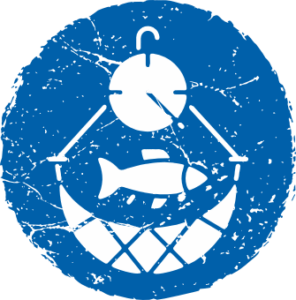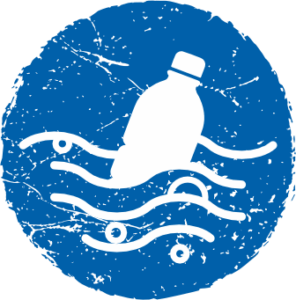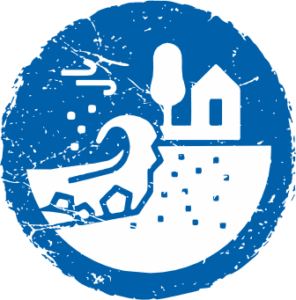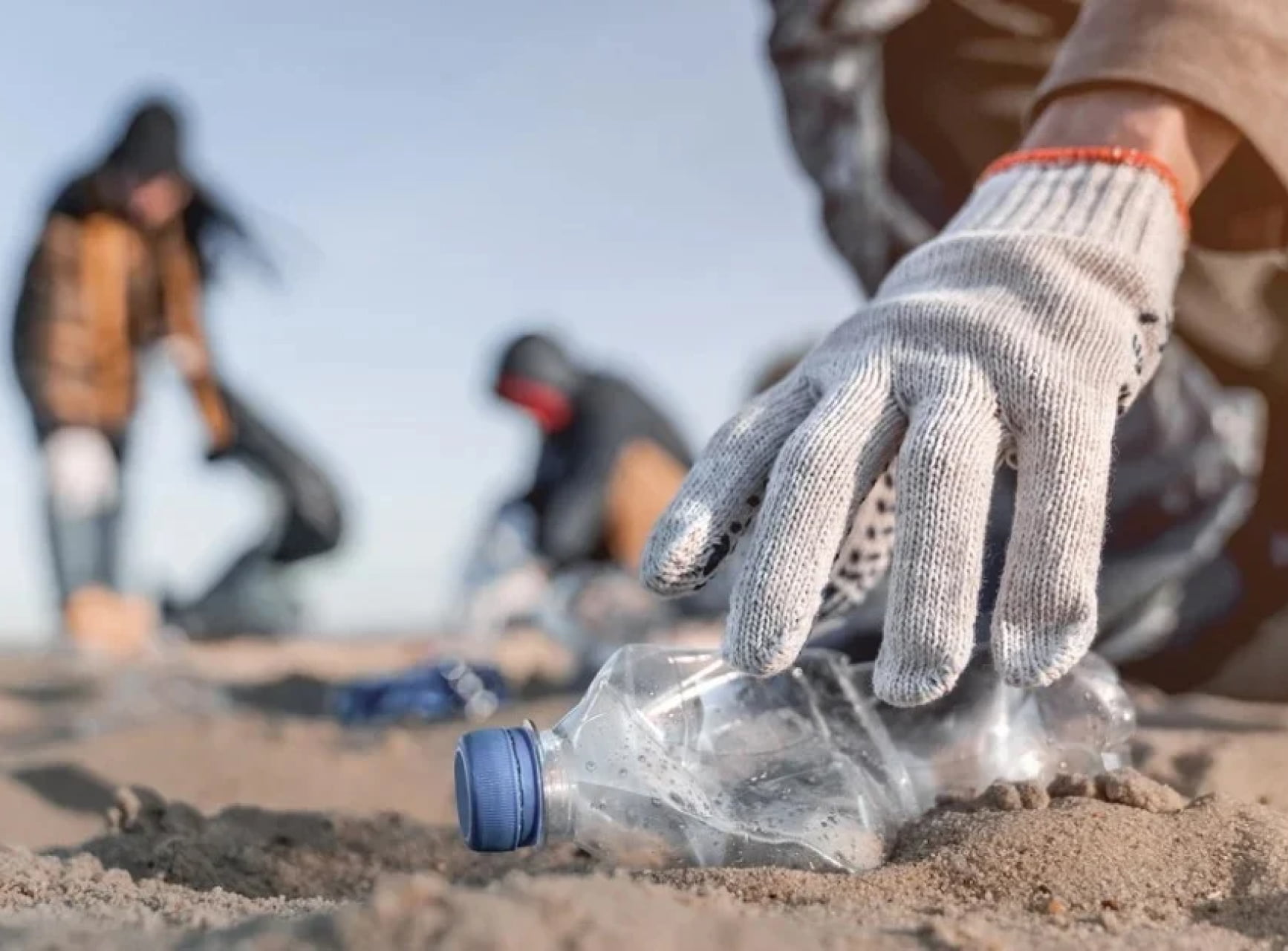With the eyes of fishermen
"Marine Environment, Coastal Threats and Fisheries"
The documentary was realized as part of the project with the aim of highlighting the problems faced by the fishing community due to the environmental crisis.

"Marine Environment, Coastal Threats and Fisheries"

The inter-regional cooperation project "Marine Environment, Coastal Threats and Fisheries" is implemented in the context of Priority 4 "Increasing employment and territorial cohesion" of the EP. "Fisheries and the Sea" (EPALTH) 2014-2020
0+
Thematic, informative and interactive events
0+
Roundtable meetings and meetings with professional fishermen
0+
Population that participated in meetings and events
- Development Agency of Heraklion
- ΑΚΟΜΜ-PSILORITIS
- Development Organization of Crete (DOC)
- Development Agency of Lasithi
- Public Cooperative EVROS
- Development Agency of Rodopi
- Development Agency of Kavala
- Development Agency of Thessaloniki – Local Government Development Organization (LAG of Lagada, Volvi, etc.)
- Development Agency of Thessaloniki – OTA Development Organization (OTD of the Municipality of Chalkidon - Delta)
- Development Agency of Halkidiki – OTA Development Organization
- Development Agency of Pieria
Partners of the Plan
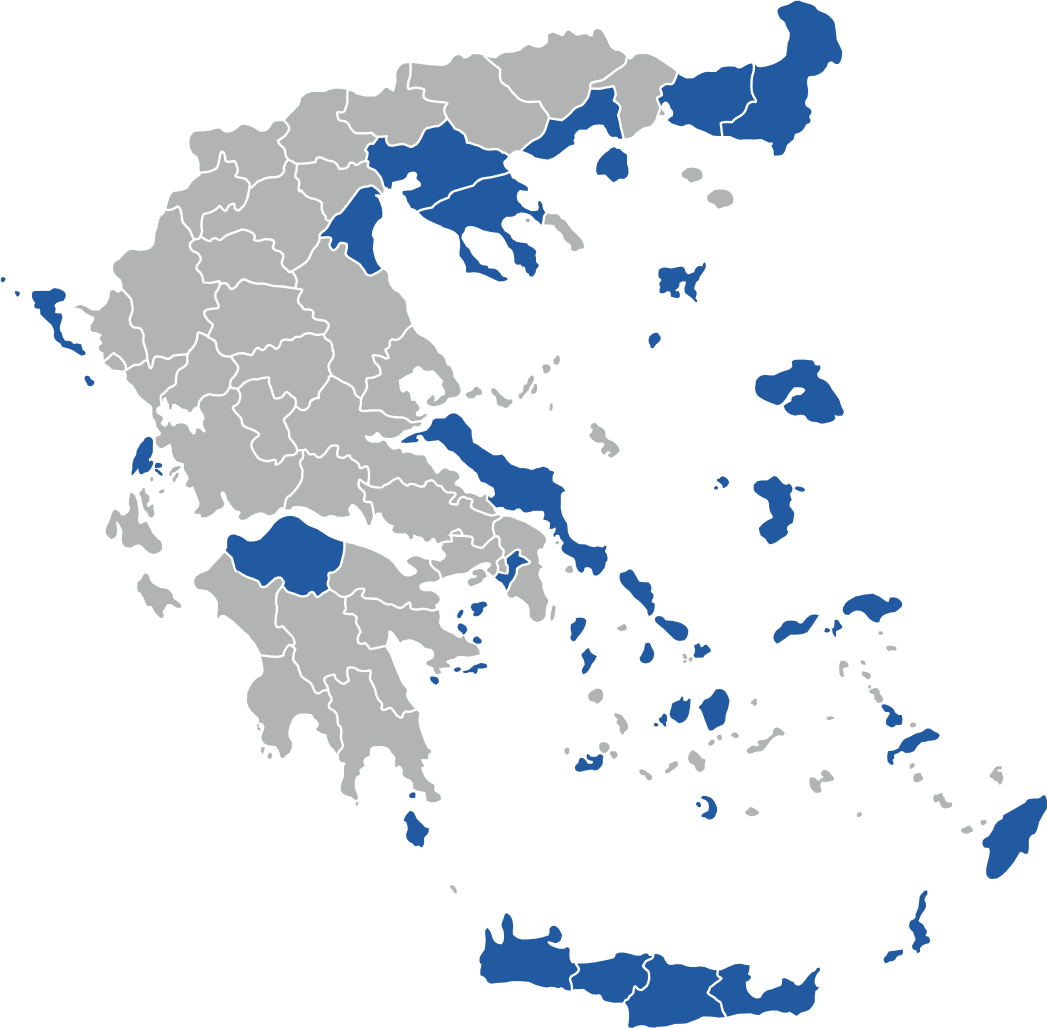
- Consortium of Companies Development Evia S.A. and Central Greece Development Organization
- Development Agency of Evoia
- Network of Association of Municipalities P.E. Islands of Attica
- Development Agency of Ionian Islands
- Development Agency of Olimpia
- Local Development Company of Lesvos
- Local Development Company of Chios
- Development Agency of Lemnos
- Center for Development, Employment and Vocational Training and Technology N. Samos
- Development Agency of Dodecanese
- Delevopment Agency of Cyclades
